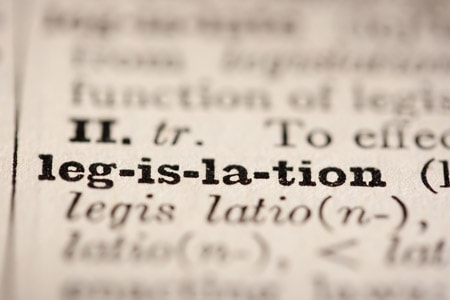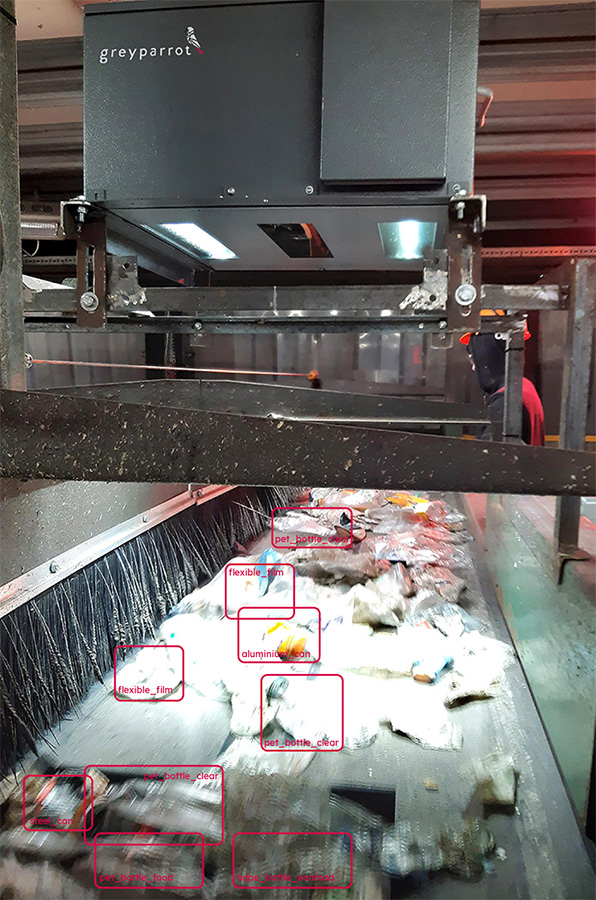
And, it explained that councils will be required to collect a consistent set of materials at the kerbside, rather than using a consistent method – and this will include food waste.
The details came in a policy statement published by the Department for Environment, Food and Rural Affairs (Defra) last night (October 15), alongside the Bill text and explanatory notes.
However, crucial questions remain over how many of the provisions in the Bill – including cost recovery – will work on the ground, with the Bill merely providing a legal framework for many changes to be made.
Powers
According to Defra, the waste and resources section of the Bill is intended to deliver on the Resources and Waste Strategy 2018, by introducing new powers and amending existing legislation.
The Bill covers areas such as extended producer responsibility; a deposit return scheme; charges to be applied for specified single-use plastics (not just carrier bags); consistent kerbside recycling collections; and, requirements for certain businesses and public bodies to present material for recycling.
Producers
On the subject of extended producer responsibility, the explanatory notes claim that increasing the full costs for producers will help to drive eco-design.
It is understood that “full costs” are seen by Defra as 100% of the cost of disposal, something which is likely to be welcomed by local authorities who currently shoulder much of the financial burden of managing packaging waste.
Disposal costs could include the cost of collecting and sorting waste by local authorities and may also cover littering, according to the text of the Bill. However, there are no details of how much this could be.
The notes explain: “The Bill will allow government to require producers to pay the full net cost of managing their products at end of life to incentivize them to design their products with sustainability in mind.”
The Department added that the Bill would enable producer responsibility obligations to be applied at “all levels of the waste hierarchy to, for example, facilitate the prevention of food waste and increase the redistribution of food surplus”.
“The Bill will allow government to require producers to pay the full net cost of managing their products at end of life”
Any changes must be subject to a public consultation, the Bill confirms, which is expected to reassure those affected.
Consistency
With regards to collection consistency, the explanatory notes say that councils are only required at present collect some recyclable materials, but that more consistency is needed.
The notes state: “The Bill stipulates a consistent set of materials that must generally be collected individually separated from all households and business, including food waste”.
The materials listed in the Bill are glass, metal, plastic, paper and card, food waste and garden waste, with the option to add more material streams or require separate collection of materials from each other in future.
Deposits
In terms of a deposit return scheme (DRS), the Bill sets out what this might involve. A consultation on the subject was held from February to March 2019.
Defra explains: “The Bill allows for the introduction of the deposit return schemes where consumers pay an up-front deposit when they buy an item (such as a drink bottle or can), which is then redeemed on return of the use item.”
The Bill includes provisions to make the DRS nation-specific, potentially opening the door for different schemes in different parts of the UK.
Provisions
Other measures in the Environment Bill relating to waste include provisions to:
- enable charges to be applied to specified single-use plastic items;
- ensure households have a weekly separate food waste collection;
- ensure businesses and public bodies present recyclable materials for separate collection and arrange for its separate collection;
- enable government to set resource efficient product standards and information and labelling requirements, to drive a shift in the market towards durable, repairable and recyclable products;
- improve the management of waste, by enabling the Secretary of State to make regulations in relation to waste tracking digitally;
- improve the regulators’ effectiveness in tackling waste crime, reducing the cost of that criminal activity on the wider economy, environment and society;
- allow the Environment Agency to be more flexible and responsive in managing exempt waste sites and ensure proportionate controls are in place to avoid environmental harm or illegal activity as waste market practices change;
- enable the Secretary of State to regulate the import, export or transit of waste and hazardous waste.









Subscribe for free